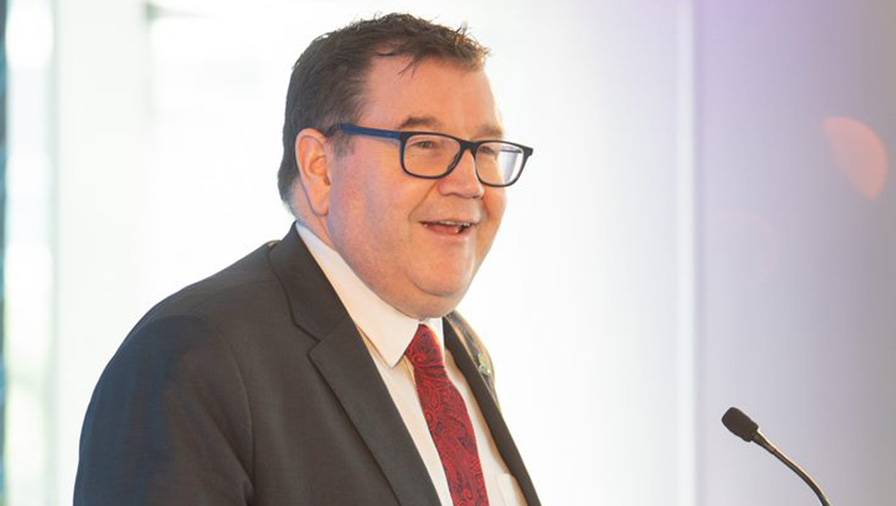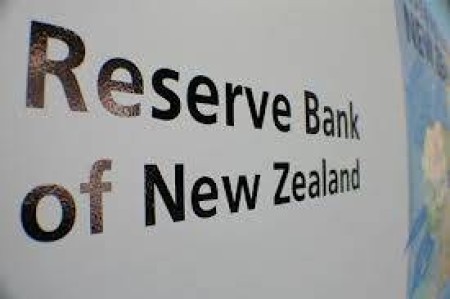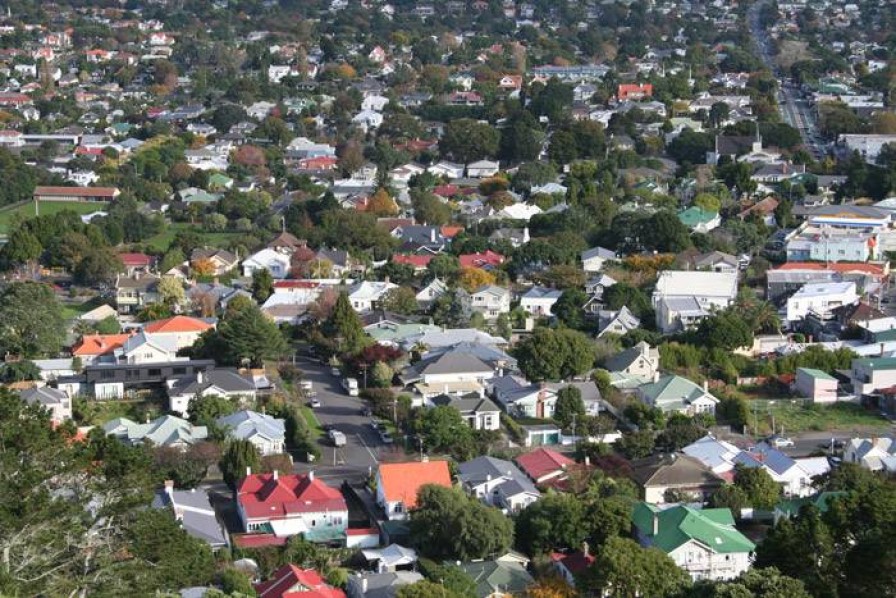Economic gloom, Iranian balance, Labour’s tough challenge
ANALYSIS: Government blames economic woes on largely international factors, voters unlikely to see it that way.
NBR political editor Brent Edwards speaks with Grant Walker
ANALYSIS: Government blames economic woes on largely international factors, voters unlikely to see it that way.
NBR political editor Brent Edwards speaks with Grant Walker
Is the economy in good shape or going down the gurgler?
Often it depends on who is doing the talking.
According to Finance Minister Grant Robertson and Reserve Bank governor Adrian Orr the economy is in relatively good shape compared with other countries.
But National Party finance spokesperson Nicola Willis and Act Party leader David Seymour see an economy in far worse shape than it should be because, they say, of loose fiscal and monetary policy. In other words, Robertson and Orr are to blame for high inflation, rising interest rates, and the likelihood increasing numbers of households are going to struggle in the next one to two years.
There was a good piece of economic news this week. The unemployment rate for the period to the end of September was unchanged at its historic low of 3.3%. That, in fact, was slightly higher than some economists had predicted.
Good news, right? Well, not according to some economists who say unemployment will have to rise to bring inflation under control. Many employers also do not see it as a positive while they struggle to find staff.
The Reserve Bank tries to sit on the fence when it comes to employment. In its November Financial Stability Report it notes employment is above what is deemed maximum sustainable employment. It is not pushing for job losses but thinks some correction is needed in the labour market to bring things back into balance.

The Reserve Bank released its Financial Stability Report this week.
The latest employment statistics also showed the employment rate was up slightly on the figures in June and the under-utilisation rate down. That should not be unexpected given the labour shortages many sectors are experiencing.
As well, average ordinary time hourly earnings were up 7.4% for the year, just marginally ahead of inflation.
But, forever the pessimist, NBR presenter Grant Walker doesn’t think it is good news. Strong employment and wage growth will surely mean higher costs, something the Reserve Bank does not want.
Appearing before Parliament’s Finance and Expenditure Select Committee to discuss the Financial Stability Report (FSR), Adrian Orr would not be drawn on the inflation outlook. Instead, we will all have to wait until November 23 when the bank releases its next Monetary Policy Statement.
Presumably then the bank will announce its judgement on these latest figures and whether they will prompt it to take stronger action in raising rates.
The official cash rate is already 3.5% and further increases are pencilled in.
But, while strong employment and wage growth might confirm for the bank it has to keep lifting rates, its FSR also warned of coming storm clouds.
House prices are set to fall further as interest rates rise.
As interest rates have risen – largely driven by the bank – and house prices have fallen, a very small group of mortgage holders (2%) have slipped into negative equity. That number will grow as house prices continue to fall.
Again, we won’t know the Reserve Bank’s latest forecast on that until the MPS but its existing projection had been for house prices to fall 20% from their peak of late last year and, so far, they have fallen 11%. So, there is more to come.
In the FSR, the bank also worries increasing numbers of people who picked up mortgages last year will be spending more than half their income on servicing their debt as interest rates rise. About 60% of mortgage holders are due to have their fixed rate mortgages roll over during the next 12 months and every one of them will experience a sharp increase in interest payments.
In the worst-case scenario, if that is linked with a rapid rise in unemployment, then housing prices could fall more sharply than predicted.

Topher Richwhite and Bridget Thackwray from their Instagram.
None of this is set in stone but, as global economic problems get worse, not better, the risks to New Zealand’s economy increase.
Meanwhile, this week, the Government did come out with stronger action on Iran after two influencers – one the son of former NBR Rich Lister David Richwhite – got out of Iran, having been held there for several months.
Prime Minister Jacinda Ardern announced New Zealand was suspending its human rights dialogue with Iran and was also calling on United Nations members states to remove the country from the UN Commission on the Status of Women.
“It is not sustainable for a country that continues to so brutally attack the rights of women to belong to a pre-eminent global body dedicated to promoting gender equality and women’s empowerment,” Ardern said. 
Prime Minister Jacinda Ardern.
She defended the Government’s earlier record in holding Iran to account for its attacks on women in the wake of the death of Mahsa Amini but acknowledged it had been a balancing act while the Government had been negotiating the release of Topher Richwhite and Bridget Thackwray.
It might also be a balancing act for Ardern as the Labour Party holds its annual conference this weekend. A year out from the election and the situation looks tough for Labour as the high inflation rate and rising interest rates referred to earlier are biting into people’s incomes.
Whether it is the Government’s fault or not – and it blames largely international factors, while the Opposition blames it – when times are tough, voters generally take it out on the Government of the day.
As they consider that prospect, Labour activists will surely be scratching their heads about how they can convince voters things could be so much worse.
And, if the worst-case scenario eventuates next year, they will be.
Brent Edwards is NBR’s political editor.
Sign up to get the latest stories and insights delivered to your inbox – free, every day.